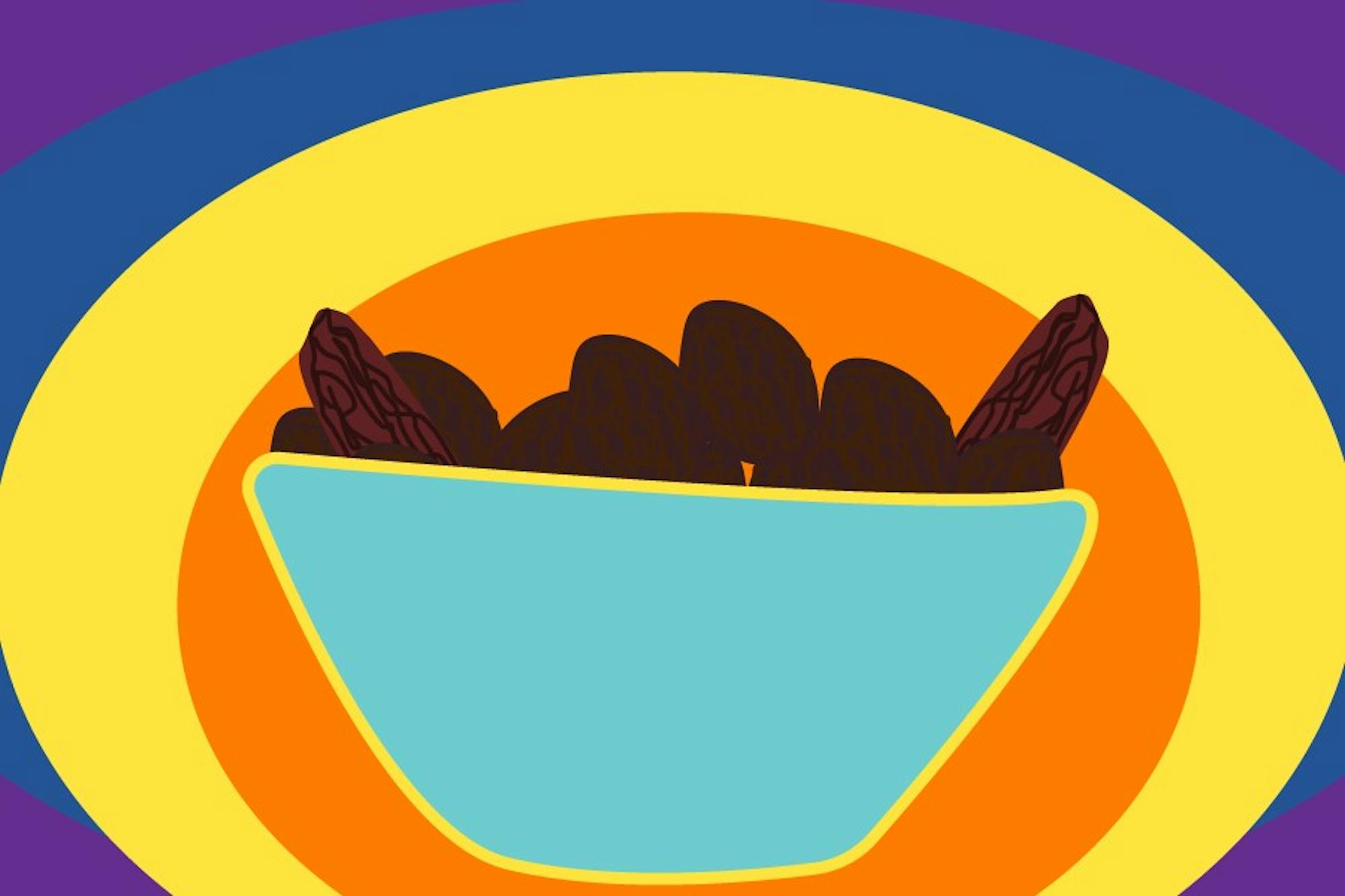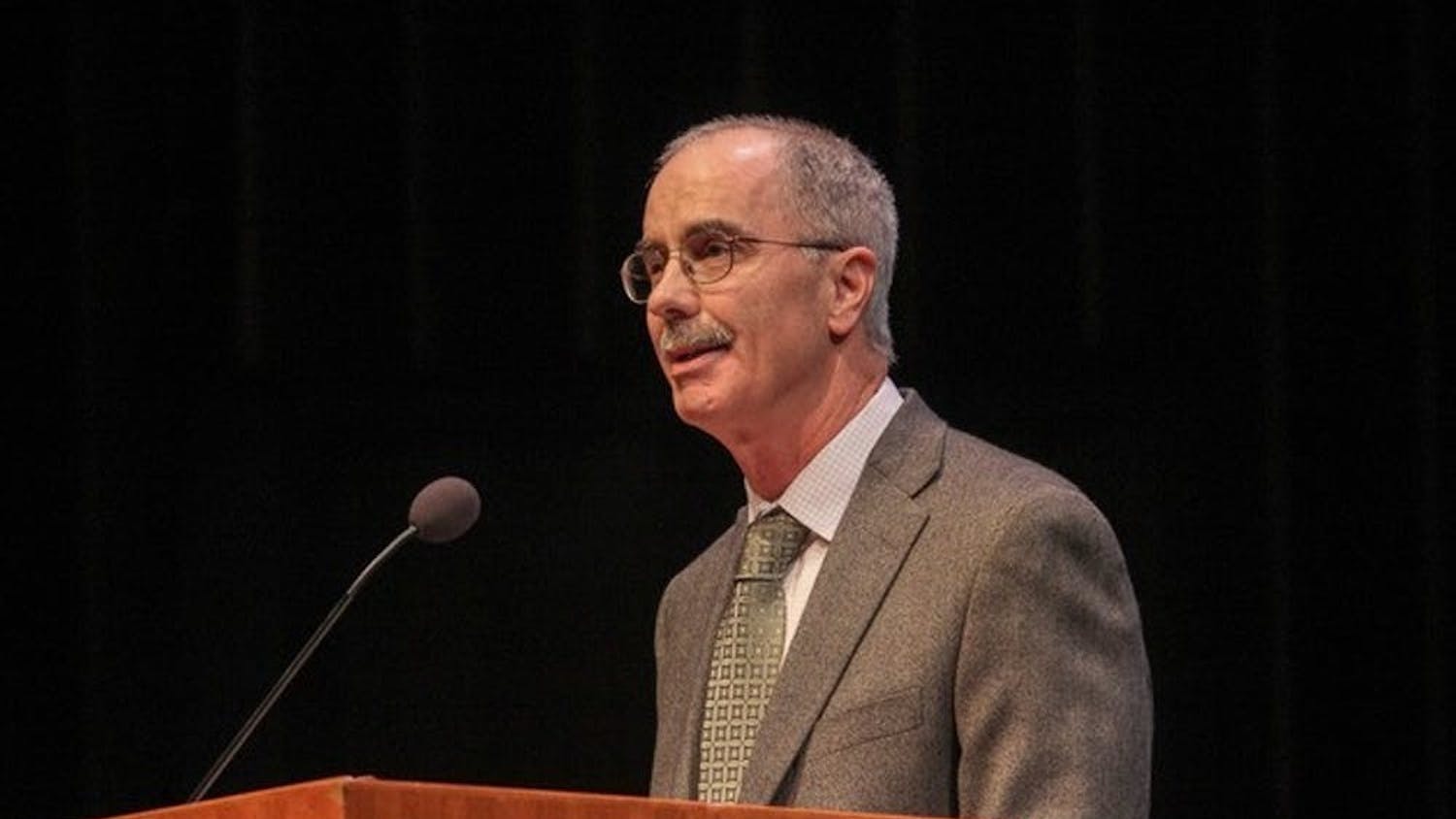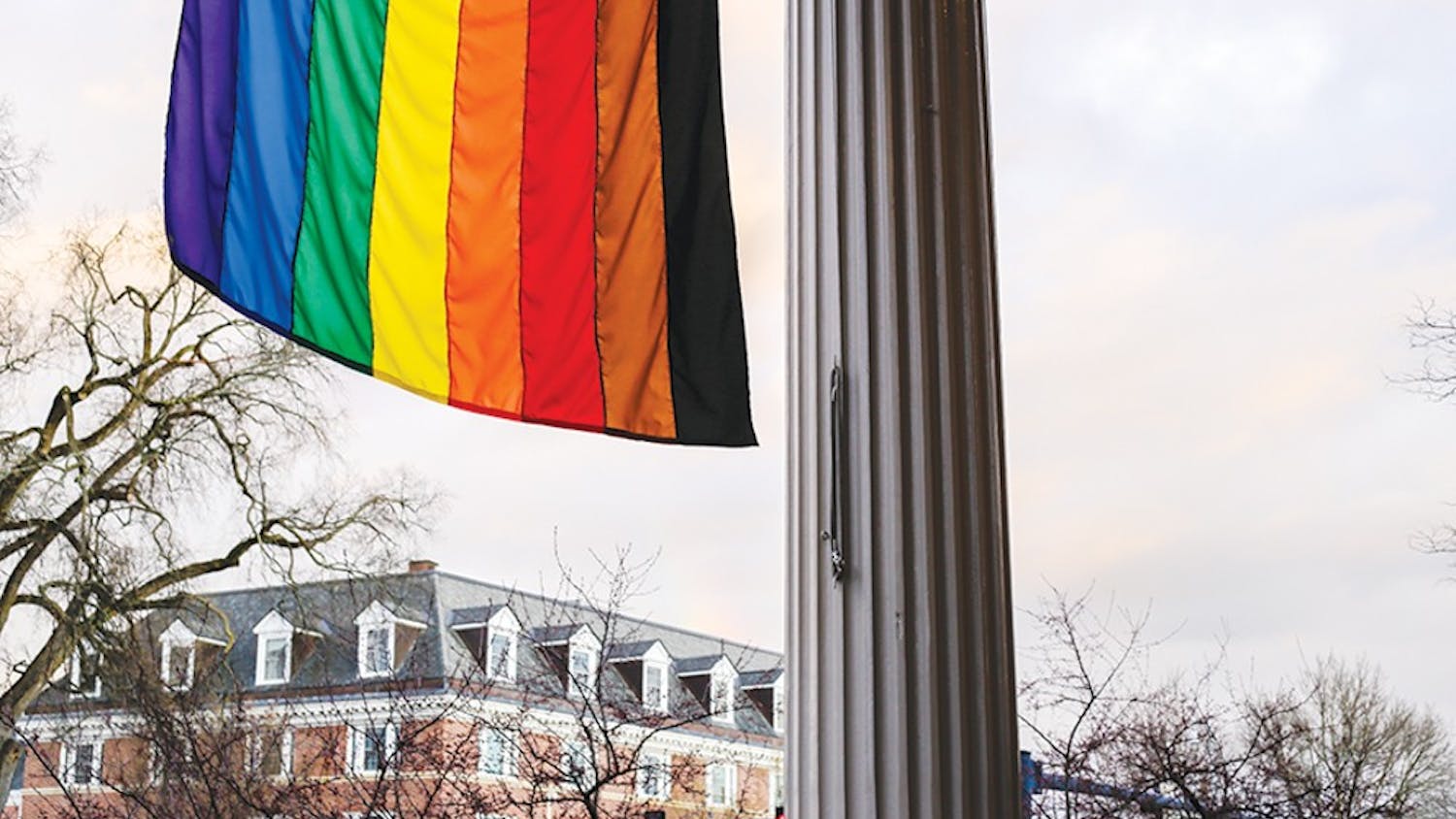On Monday, April 12, Muslim students and faculty in the Upper Valley awoke and enjoyed suhoor — a traditional meal eaten early in the morning before starting a day of fasting. Then they headed off to practice, logged onto their Zoom class or began the mountain of work that was due the next day — such is the Dartmouth experience. Yet, unlike the large majority of our community, they were fasting — refraining from eating, drinking and engaging in habits such as smoking, engaging in sexual activity and drinking alcohol — until the sun fell back behind the mountains. At that point, they broke their fast with the iftar, another ritualistic, spiritual meal. For all Muslims observing the holy month of Ramadan, this is their routine for the next 30 days.
Ramadan — the ninth month of the Muslim calendar — marks a period of deep introspection and reconnection with God for all members of the Islamic faith, with an emphasis on prayer and the study of the Qur’an.
Tucker Center Muslim advisor Khalil Abdullah said that Ramadan involves a heightened mental awareness.
“There tends to be a sharpened focus on improving character, growing in social consciousness, considering those who are less fortunate — the poor, the hungry — and cultivating in our community a deeper sense of spirituality,” Abdullah said.
In Muslim-majority countries, work hours are often adjusted to accommodate the strenuous nature of fasting, but here at Dartmouth, Muslim students and faculty must add fasting and prayer to their already arduous schedules. It’s a staggering, supremely admirable task — and certainly not an easy one.
According to Al-Nur Muslim Student Association vice president Ameena Razzaque ’21, balancing being a student with observing Ramadan can be “rocky.”
“Being at Dartmouth, it’s always a little bit of a rocky transition, wondering how I will balance my work, wondering what kind of food I will eat. And for me, the biggest thing is the caffeine withdrawals,” Razzaque said. “Especially this year, staying energized and trying to maintain focus on a Zoom class, where I’d usually be snacking on the side or drinking my coffee and instead my mind is drifting off, it makes work a lot harder.”
For Muslim athletes who are on campus this term at Dartmouth, there is another layer of difficulty, as students have to negotiate fasting with the physical rigor that comes with being a Division I athlete.
For women’s rugby player Aleemah Williams ’24, adjusting to the nutritional changes during the month of fasting has proven challenging.
“It’s very, very stressful. Overall, rugby is very demanding, and I want to continue to do this the next three years, but I also have to understand that my commitment to God comes first,” Williams said. “So I needed to find a way to balance everything.”
Fortunately, before Ramadan began, Williams was able to work with her coaches and a sports nutritionist to create what she called a “game plan” for the month, which involved moving some practices around to allow for more recuperation and following a strict, sustainable diet — which included a protein shake, hearty breakfast, vitamin supplements, sizable dinner and plenty of water — with the help of Dartmouth Dining Services.
“What I really appreciate about my team is [that] I told them I would be observing Ramadan, and our coaches really tried hard to accommodate me and included other individuals, like the nutritionist, to help optimize my performance and take care of my body,” Williams said.
Given the importance of food during the month of Ramadan, DDS plays a crucial role in helping Muslim members of the community during this holy month. With the help of the Halal Task Force, created by Al-Nur to advocate for students' dietary needs, DDS has been able to improve accommodations, according to Razzaque. Both Razzaque and Williams have appreciated the implementation of a DDS policy that will cover anything students get using their late-night swipe regardless of whether it exceeds the limit of five dollars, which helps when trying to catch up on calories. DDS also provides pre-packaged halal meals, such as protein shakes, dates and hard-boiled eggs, which come in handy when students are rushing to break their fast.
While DDS has certainly helped accommodate the needs of students observing Ramadan, Razzaque noted that there can be more done to help Muslim students feel supported among the challenges with fasting. Razzaque, who is also a member of the Halal Task Force, said that having an option for delivery and selling pre-packaged halal meals at locations other than Foco would assist students when observing Ramadan.
“Sometimes it's hard for students to come to Foco every night — sometimes they may be sick or something — so a delivery option would be really cool to have,” Razzaque said. “We have also been having conversations about having pre-packaged food at a location other than Foco, where students can just stop by and not have to use a meal swipe. But hopefully that’ll be a task for future generations.”
Abdullah also commented on the demands that DDS has to face during a pandemic, adding that food presents the “biggest challenge” during Ramadan.
“Having to meet dietary needs — not just halal but also kosher and others — in quarantine, in a pandemic … it’s a challenge having to meet those needs,” Abdullah said. “I think DDS has been responsive, but there [are] always opportunities to improve the quality, not necessarily the quantity, of offerings.”
Above all else, Muslim students just want to be supported, heard and acknowledged by their peers. With such a small community — Razzaque said there are less than thirty students, both graduate and undergraduate, observing Ramadan on campus this term — it can feel isolating at times, according to both Razzaque and Williams. And while most students and professors are understanding and supportive, it can be taxing to deal with students who lack awareness.
“When we’re fasting for fifteen hours, we don’t really want to hear people say offhand comments like, ‘Oh, you should just train yourself to eat later,’” Razzaque said. “So just having understanding and flexibility and basic respect is really important to us during this time.”
Ultimately, as Abdullah noted, the responsibility of awareness and understanding falls on the entire Dartmouth community, and it is cultivated through personal relationships.
“Increasing awareness starts with our centers, our departments, our administration acknowledging this holiday — that’s part of the diversity and inclusion responsibility,” Abdullah said. “But awareness grows because of personal relationships among students. If it’s a personal invite, or a personal conversation, or a personal ‘Would you like to break fast with me?’ that’s really how more people become educated.”
So, if you see or hear of someone observing Ramadan, maybe ask them if they would like to break fast with you, or perhaps simply wish them “Ramadan mubarak” — “Blessed Ramadan.” You just might be making someone feel more at home.




